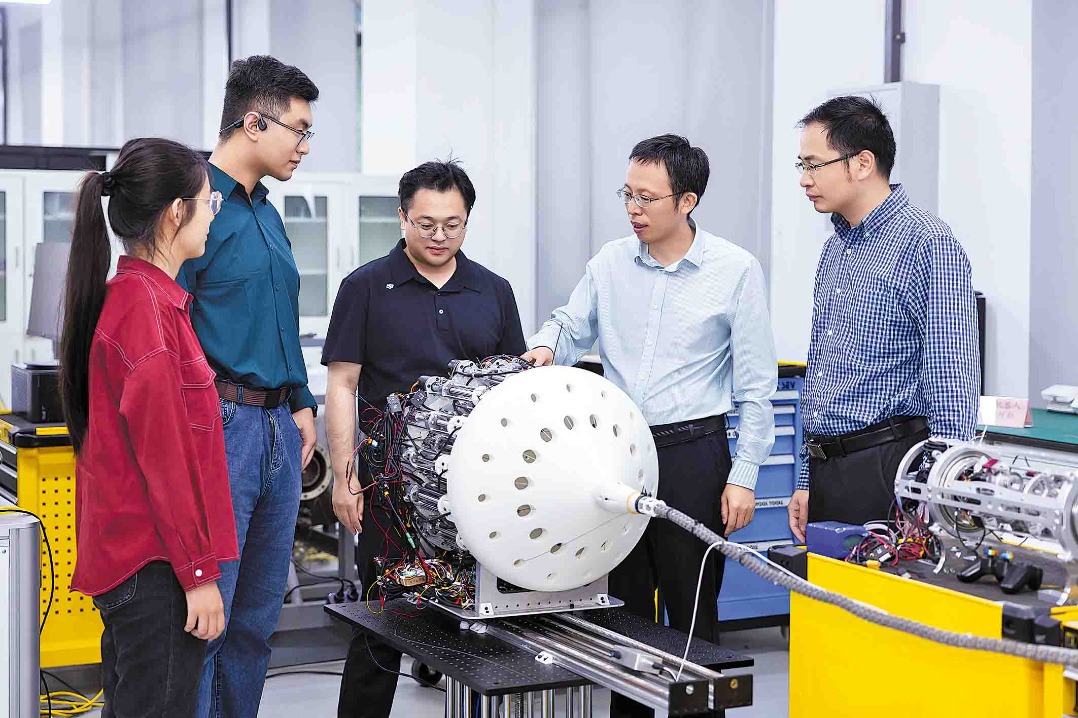US dockworkers' strike lesson for developing economies


Some 45,000 dockworkers from Maine to Texas were on strike for just two days, from Oct 1 to 3, but by bringing work to a standstill on the US East Coast and Gulf Coast ports it sent out a clear warning about the need to find a balance between technology and jobs.
Apart from demanding more pay, the workers were also demanding a ban on automation in ports, which they see as a threat to their jobs. Dockworkers in the US are not underpaid. According to a widely quoted Waterfront Commission of New York Harbor Annual Report finds that in the financial year 2019-2020, over half of the total 3,726 dockworkers in New York harbor are paid more than $150,000 annually, while 666 of them receive less than $75,000 annually, in a country where the median household income was $67,521 in 2020.
The International Longshoremen's Association, which was representing the 45,000 striking dockworkers, said they had reached a tentative deal to suspend the strike until Jan 15 to provide time to negotiate a new contract. The two sides have arrived at a consensus on a raising pay for the workers but the issue of ban on automation remains to be addressed. Since this is about whether certain jobs will continue to exist, which is more important than how much money the workers gain from the jobs, a compromise seems unlikely by Jan 15 either.
While technological innovation always raises efficiency, it sometimes makes human labor irrelevant. The loss of jobs in one sector is sometimes balanced with the emergence of new jobs in emerging sectors, but not everyone gains from such transitions.
For a highly developed economy such as the United States, it's hard to contain so many vested interests, the reason why the strike happened. It was ultimately called off, but in all likelihood there will be another strike soon if the problems are not ironed out.
That's a lesson in the dockworkers' strike in the US for China and other developing economies. It's necessary to take jobs into consideration when introducing new technology such as artificial intelligence. Also, employees in the sectors that are most likely to see job losses require subsidized skills training and more support to stay afloat, so that strikes such as the one by the US dockworkers is not repeated elsewhere.
— ZHANG ZHOUXIANG, CHINA DAILY


































